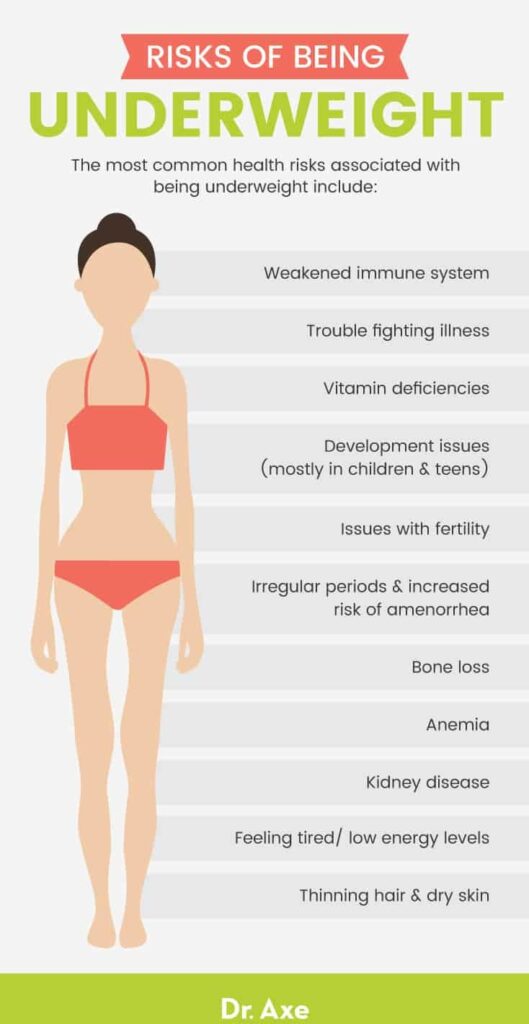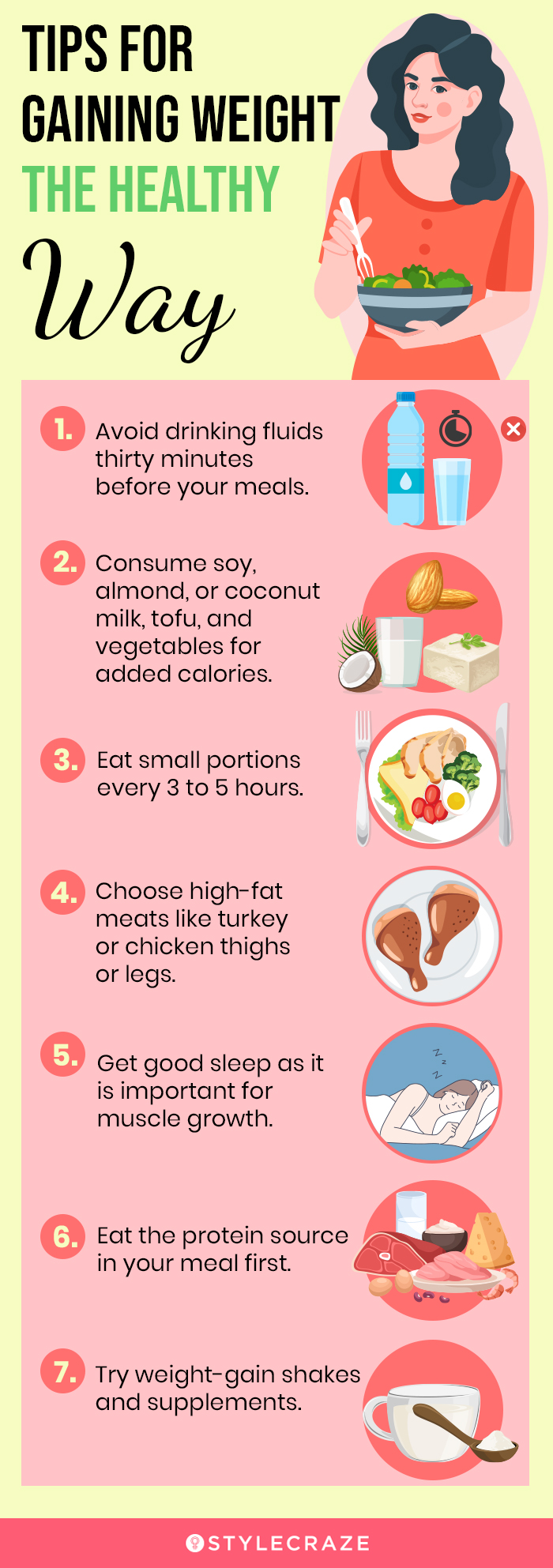Are you one of those lucky individuals with a high metabolism who has always struggled to put on weight? If so, you’re not alone. Many people with a fast metabolism find it challenging to gain weight and build muscle. Fortunately, there are several strategies that can help you overcome this issue and achieve your weight gain goals. In this article, we will explore some valuable tips and techniques to help you gain weight effectively and maintain a healthy lifestyle. So, if you’re ready to embrace the journey towards a more balanced physique, let’s get started!
Understanding metabolism
Metabolism refers to the complex series of chemical reactions that occur in your body to convert food into energy. It is the sum of all the processes that keep you alive and functioning. Each person’s metabolism is unique and influenced by various factors such as age, gender, genetics, and lifestyle.
What is metabolism?
Metabolism can be divided into two main components: catabolism and anabolism. Catabolism involves the breakdown of molecules to release energy, while anabolism uses that energy to build and repair tissues, cells, and organs.
How does metabolism affect weight gain?
Your metabolism plays a significant role in weight management. If you have a high metabolism, it means your body burns calories at a faster rate, making it challenging to gain weight. This can be frustrating, especially if your goal is to increase muscle mass or reach a healthy weight.
Identifying if you have a high metabolism
If you find it difficult to gain weight, despite consuming a calorie-rich diet, you may have a high metabolism. However, it’s important to remember that many factors can contribute to weight gain resistance, so it’s essential to consult with a healthcare professional or registered dietitian to determine if your metabolism is affecting your ability to gain weight.
Creating a caloric surplus
To overcome a high metabolism, one effective strategy is to create a caloric surplus by consuming more calories than your body burns. This surplus of calories provides your body with the extra energy it needs to promote weight gain.
Determining your daily caloric needs
To create a caloric surplus, it’s crucial to first determine your daily caloric needs. This can be done by calculating your Basal Metabolic Rate (BMR) and multiplying it by an activity factor. The BMR is the number of calories your body burns at rest, while the activity factor accounts for your level of physical activity.
Increasing your caloric intake
Once you determine your daily caloric needs, you can gradually increase your caloric intake. Consider adding around 500 to 1000 extra calories per day to create a surplus. However, it’s important to prioritize nutrient-dense foods to ensure you’re meeting your body’s nutritional needs.
Choosing nutrient-dense foods
When aiming to gain weight, focus on consuming foods that are high in nutrients and calories. Include plenty of lean proteins, such as chicken, fish, and tofu, which support muscle growth and repair. Incorporate complex carbohydrates like whole grains, fruits, and vegetables to provide sustained energy. Additionally, don’t forget healthy fats like avocados, nuts, and olive oil, which provide essential nutrients and enhance flavor.

Optimizing meal frequency
In addition to increasing your caloric intake, optimizing meal frequency can also support weight gain. By strategically timing your meals and incorporating snacks between meals, you can ensure your body receives a steady supply of energy throughout the day.
Eating larger meals
Consider increasing the size of your main meals to increase your calorie intake. Focus on consuming well-balanced meals that include protein, carbohydrates, and healthy fats. For example, instead of having a small serving of chicken and rice, increase your portion size and add a side of vegetables for additional nutrients.
Including snacks between meals
Snacks can be an effective way to consume extra calories and bridge the gap between meals. Opt for snacks that are high in calories and nutrients, such as nuts, nut butter, yogurt, or protein bars. Be mindful of portion sizes and choose snacks that align with your dietary goals.
Designing a meal schedule
Establishing a consistent meal schedule can help regulate your appetite and provide structure to your eating routine. Aim for three main meals and 2-3 snacks throughout the day. Consider spreading your calorie intake across these meals to avoid feeling excessively full or uncomfortable.
Choosing the right macronutrients
The macronutrients you consume play a crucial role in weight gain and overall health. By balancing your intake of protein, carbohydrates, and fats, you can maximize your body’s ability to build muscle and promote weight gain.
Importance of protein intake
Protein is vital for muscle growth and repair, making it crucial for those looking to gain weight. Aim to consume 1-1.5 grams of protein per pound of body weight. Include sources such as lean meats, dairy products, legumes, and plant-based protein sources like quinoa or tempeh.
Increasing carbohydrate consumption
Carbohydrates are a primary source of energy, and increasing your intake can help support weight gain. Choose complex carbohydrates like whole grains, fruits, and vegetables over refined or processed options. These provide essential nutrients and fiber, which aids digestion and overall health.
Incorporating healthy fats
Don’t shy away from healthy fats when trying to gain weight. They provide a concentrated source of calories and contribute to hormone balance and nutrient absorption. Include sources like avocados, nuts, seeds, and olive oil in your diet. However, remember that moderation is key, as fats are more calorie-dense than protein and carbohydrates.

Effective exercise routines
While diet plays a significant role in weight gain, exercise is essential for overall health, muscle development, and creating a balanced physique.
Resistance training for muscle growth
Incorporate resistance training exercises, such as weightlifting or bodyweight exercises, into your exercise routine. These activities stimulate muscle growth and can help you gain lean mass. Focus on compound exercises that target multiple muscle groups, such as squats, deadlifts, and bench presses.
Compound exercises for total body stimulation
Compound exercises are particularly effective for weight gain as they engage multiple muscle groups simultaneously. By working large muscle groups, you can stimulate more muscle fibers and promote overall muscle growth. These exercises include activities like lunges, rows, and overhead presses.
Implementing progressive overload
Progressive overload is a fundamental principle in strength training that involves gradually increasing the demands placed on your muscles. By challenging your muscles with increasing weights, reps, or sets over time, you can ensure continuous progress and muscle growth. This can be achieved through incremental weight increases, decreasing rest times, or adding additional sets or reps.
Understanding the role of sleep
Sleep is often overlooked but plays a crucial role in weight management, recovery, and overall well-being. Optimizing your sleep habits can positively impact your progress in gaining weight.
Quality sleep for optimal recovery
During sleep, your body repairs and regenerates tissues, balances hormones, and supports overall recovery. Aim for 7-9 hours of quality sleep each night to maximize the benefits of your training and promote weight gain.
Sleep’s influence on metabolism
Adequate sleep helps regulate hunger hormones, such as ghrelin and leptin, which can significantly impact your appetite and metabolism. Lack of sleep can lead to increased food cravings, decreased satiety, and potentially disrupt your body’s ability to regulate weight.
Establishing a consistent sleep schedule
Try to establish a consistent sleep schedule by going to bed and waking up at the same time each day, even on weekends. This helps regulate your body’s internal clock, improves sleep quality, and enhances overall recovery and energy levels.

Minimizing stress levels
Stress can have a significant impact on your ability to gain weight by affecting your appetite, metabolism, and overall well-being. Minimizing stress levels is crucial for maintaining a healthy weight and creating a balanced lifestyle.
Impact of stress on weight gain
Stress triggers the release of cortisol, a hormone that can increase appetite and promote the storage of fat, particularly around the midsection. Additionally, stress can lead to emotional eating, poor food choices, and disruption of sleep patterns, all of which can hinder weight gain efforts.
Implementing stress management techniques
Find healthy ways to manage stress, such as engaging in regular physical activity, practicing mindfulness or meditation, journaling, or spending time with loved ones. Experiment with various techniques to find what works best for you, and prioritize self-care activities that help you relax and unwind.
Creating a balanced lifestyle
Creating a balanced lifestyle is crucial for promoting overall well-being and weight gain. Focus on achieving a healthy work-life balance, engaging in activities that bring you joy, and nurturing relationships. By creating a harmonious environment, you can minimize stress and optimize your body’s ability to gain weight.
Monitoring progress and adjusting
As you embark on your weight gain journey, it’s essential to monitor your progress and make necessary adjustments along the way. This allows you to stay on track and make informed decisions about your nutrition and exercise routine.
Tracking weight and measurements
Regularly weigh yourself and track your measurements to assess changes in your body composition. Additionally, consider taking progress photos to visually monitor your progress. Remember that weight gain is a gradual process, and it’s normal to have fluctuations. Focus on trends over time rather than day-to-day changes.
Assessing changes in body composition
While weight is an essential factor, pay attention to changes in body composition, such as muscle mass and body fat percentage. Consider using body composition analysis tools like skinfold calipers, bioelectrical impedance scales, or DEXA scans to gain a more comprehensive understanding of your progress.
Making necessary adjustments
If you’re not seeing the desired results, be open to making adjustments to your diet, exercise routine, or overall lifestyle. Consult with a registered dietitian or healthcare professional to evaluate your current approach and make any necessary modifications to optimize your weight gain journey.

Seeking professional guidance
If you’re struggling to gain weight or have specific health concerns, seeking professional guidance can provide valuable support and expertise.
Consulting a registered dietitian
A registered dietitian can provide personalized guidance based on your unique needs and goals. They can assess your current diet, tailor a meal plan to support your weight gain efforts, and provide ongoing support and adjustments as required.
Hiring a personal trainer
If you’re new to exercise or want guidance on an effective workout routine, consider hiring a personal trainer. They can assess your fitness level, design a program specific to your goals, teach proper form, and motivate you throughout your weight gain journey.
Working with a healthcare professional
If you are struggling with health issues or suspect an underlying medical condition affecting your weight gain efforts, consult with a healthcare professional. They can help identify any potential barriers and develop a comprehensive approach to support your overall health and weight management.
Staying consistent and patient
Gaining weight with a high metabolism requires consistency, patience, and a long-term mindset. Embrace the journey and focus on creating sustainable habits that support your goals.
Embracing a long-term mindset
Gaining weight and building muscle takes time, so it’s important to have realistic expectations and embrace a long-term mindset. Avoid quick-fix or fad diets and instead prioritize sustainable strategies that promote lasting results.
Celebrating small victories
Acknowledge and celebrate the small victories along the way. Whether it’s hitting a milestone in the gym, incorporating new healthy habits, or observing positive changes in your body, take pride in your progress. Ultimately, it’s these small wins that pave the way for long-term success.
Finding support and motivation
Surround yourself with a supportive network of friends, family, or like-minded individuals who understand your goals and can provide encouragement. Share your journey, seek advice, and celebrate achievements together. Additionally, seek motivation from within by reminding yourself of the positive impact your efforts are having on your overall well-being.
In conclusion, gaining weight with a high metabolism may present some challenges, but with the right strategies and mindset, it is indeed possible. By understanding your metabolism, creating a caloric surplus, optimizing meal frequency and macronutrient choices, implementing effective exercise routines, prioritizing sleep, managing stress, and seeking professional guidance when needed, you can overcome this obstacle and achieve your weight gain goals. Remember, it’s a journey that requires patience, consistency, and self-care, so be kind to yourself, celebrate each step forward, and stay motivated on your path to a healthy and balanced lifestyle.
